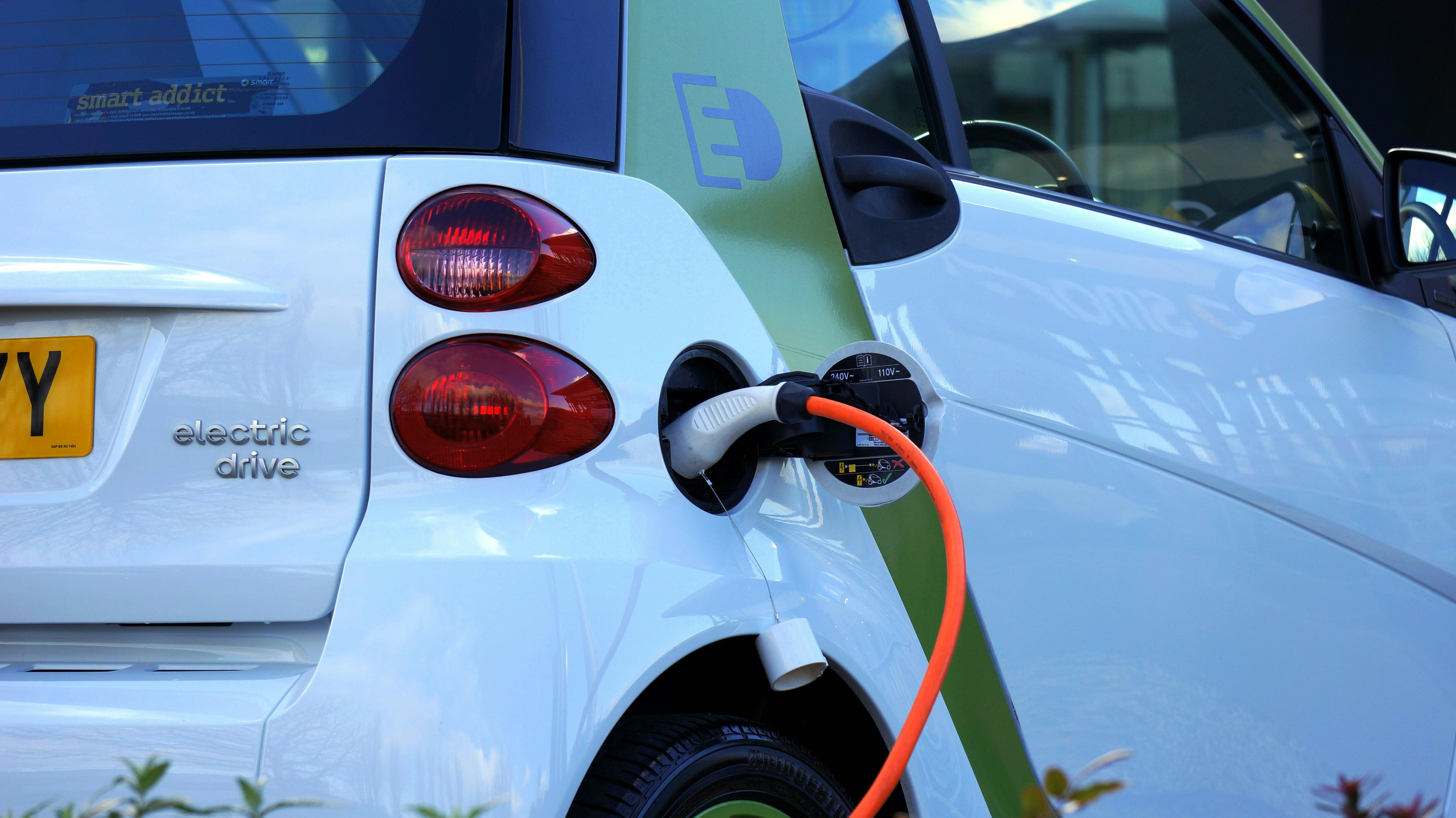23
Sep 2024
Royal Adelaide Hospital to Install Fast EV Charging Stations
Published in General on September 23, 2024

The Royal Adelaide Hospital (RAH) is launching rapid electric vehicle (EV) charging facilities for patients, visitors, and staff.
Six charging bays have been officially commissioned, conveniently located next to the Emergency Department entrance, with one unit positioned in an accessible parking bay.
Celsus, responsible for the hospital's daily operations, has teamed up with global renewable energy company ENGIE to address the increasing demand for EV charging.
Celsus CEO Di Mantell emphasized that these charging facilities enhance the RAH’s commitment to sustainability, aligning with South Australia’s efforts to decarbonize its electricity grid.
“Anyone visiting the RAH can charge their EVs while seeing patients or accessing emergency services. We also expect hospital staff to utilize these new facilities,” Mantell stated.
“The charging bays are part of our Park & Pay public parking area, which has a two-hour limit. The rapid chargers can fully recharge an average EV in just 30 to 60 minutes, allowing plenty of time to charge and go.”
Celsus has prioritized sustainability throughout the design and management of the RAH. The hospital was the first large-scale complex in Australia to achieve a 4 Star Green Star – Healthcare As Built rating from the Green Building Council of Australia. In 2021, it also secured the world’s largest Green and Social Loan in the healthcare sector following a major refinancing deal.
Central Adelaide Local Health Network CEO Dr. Emma McCahon remarked that the new EV charging stations set a benchmark for healthcare facilities.
“These stations provide patients, visitors, and staff with convenient and efficient charging solutions, promoting electric vehicle adoption and supporting our commitment to reducing environmental impact,” McCahon said.
The partnership with ENGIE is supported by infrastructure provider JET Charge and charging network provider Chargefox. Users can download the Chargefox app to locate, use, and pay for charging services.
For those needing hospital stays accommodation, various options are available nearby, ensuring comfort and convenience for families and visitors.









